EFF
Filter by...
-
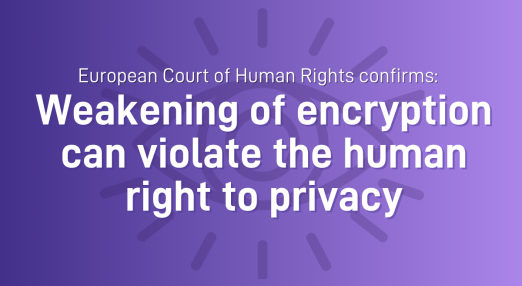
European Court of Human Rights confirms: weakening of encryption can violate the human right to privacy
In a milestone judgment - Podchasov v. Russia - the European Court of Human Rights (ECtHR) has ruled that weakening of encryption can lead to general and indiscriminate surveillance of the communications of all users and violates the human right to privacy.
Read more
-

Nearly 130 public interest organisations and experts urge the United Nations to include human rights safeguards in proposed UN Cybercrime Treaty
Today, EDRi, our member Electronic Frontier Foundation (EFF), and Human Rights Watch, along with nearly 130 organizations and academics working in 56 countries, regions, or globally, urged members of the Ad Hoc Committee responsible for drafting a potential United Nations Cybercrime Treaty to ensure human rights protections are embedded in the final product. The first session of the Ad Hoc Committee will begin on January 17th.
Read more
-

What’s up with WhatsApp encrypted backups
WhatsApp is rolling out an option for users to encrypt their message backups, and that is a big win for user privacy and security. The new feature is expected to be available for both iOS and Android “in the coming weeks.” EDRi's member Electronic Frontier Foundation (EFF) has pointed out unencrypted backups as a huge weakness for WhatsApp and for any messenger that claims to offer end-to-end encryption, and we applaud this improvement. Next, encryption for backups should become the default for all users, not just an option.
Read more
-
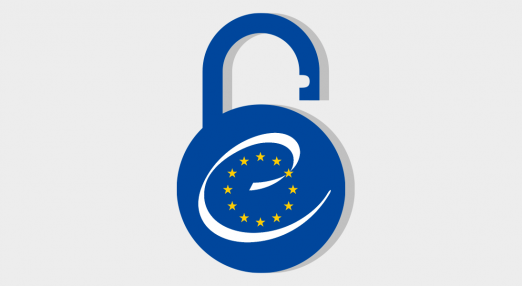
EFF to Council of Europe: Flawed Cross Border Police Surveillance Treaty Needs Fixing
EDRi member Electronic Frontier Foundations (EFF) has joined European Digital Rights (EDRi), the Samuelson-Glushko Canadian Internet Policy & Public Interest Clinic (CIPPIC), and other civil society organizations in recommending 20 solid, comprehensive steps to strengthen human rights protections in the new cross border surveillance draft treaty that is under review by the Parliamentary Assembly of the Council of Europe (PACE). The recommendations aim to ensure that the draft treaty, which grants broad, intrusive police powers to access user information in criminal cross border investigations, contains a robust baseline to safeguard privacy and data protection.
Read more
-

European Court on Human Rights Bought Spy Agencies’ Spin on Mass Surveillance
For good or ill, and I believe for ill more than for good, with the present judgment the Strasbourg Court has just opened the gates for an electronic “Big Brother” in Europe. EDRi's member Electronic Frontier Foundation (EFF) discusses the recent European Court on Human Rights' decision that the British and Swedish surveillance regimes violate privacy.
Read more
-
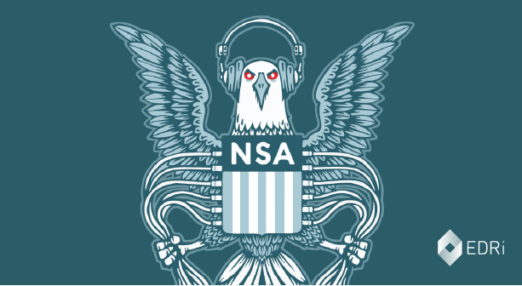
Surveillance by default: PATRIOT Act extended?
On 15 March, Section 215 of the USA PATRIOT Act, and several other similar legal provisions, were due to expire and begin the process of reform and review to incorporate new legal protections of privacy. However, as a result of a coordinated effort by both chambers of the US Congress, the provisions may be extended for at least 77 days.
Read more
-

New Protocol on cybercrime: cutting red tape ≠ cutting human rights safeguards
From 20 to 22 November 2019, European Digital Rights (EDRi) and the Electronic Frontier Foundation (EFF) took part in the Octopus Conference 2019 at the Council of Europe (CoE) to present the comments submitted by EFF, EDRi, IT-Pol Denmark and the Electronic Privacy Information Center (EPIC) on draft provisions of the Second Additional Protocol to […]
Read more
-
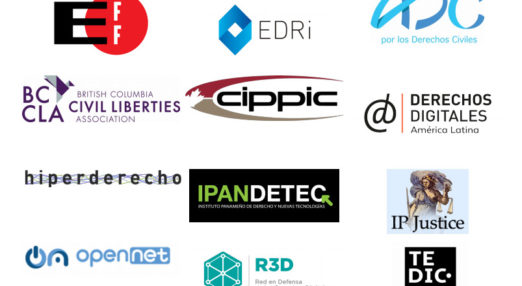
Safeguarding fundamental rights in the new Cybercrime Protocol
On 20 February, European Digital Rights (EDRi), along with ten civil society organisations from across the globe, responded to a public consultation on the Council of Europe’s Second Protocol to the Convention on Cybercrime (also known as the Budapest Convention). The draft Protocol aims to establish international rules for cross-border access to personal data by […]
Read more
-
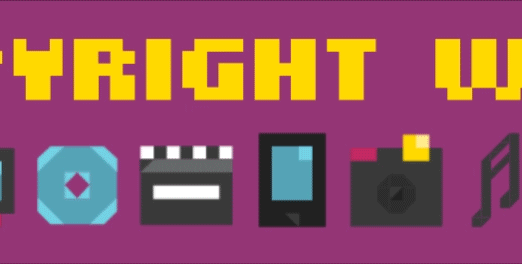
Copyright Week 2019: Copyright as a tool of censorship
EDRi member Electronic Frontier Foundation’s Copyright Week is running again from 14 until 20 January 2019. We are participating in the action week with a series of blogposts.
Read more
-
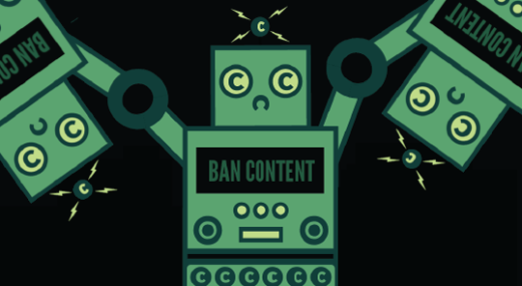
What’s next for Europe’s internet censorship plan?
Existing copyright filters (like YouTube's ContentID system) are set up to block people who attract too many copyright complaints, but what about people who make false copyright claims? The platforms must be allowed to terminate access to the copyright filter system for those who repeatedly make false or inaccurate claims about which copyright works are theirs.
Read more
-

New Protocol on cybercrime: a recipe for human rights abuse?
From 11 to 13 July 2018, the Electronic Frontier Foundation (EFF) and European Digital Rights (EDRi) took part in the Octopus Conference 2018 at the Council of Europe together with Access Now to present the views of a global coalition of civil society groups on the negotiations of more than 60 countries on access to […]
Read more
-

Nearly 100 public interest organisations urge Council of Europe to ensure high transparency standards for cybercrime negotiations
In light of the passing of the CLOUD Act in the United States that undermines the rights to privacy and other rights, the forthcoming proposal of the European Union on e-evidence, and other initiatives, it is vitally important that the T-CY listens to and engages with civil society proactively and in a timely manner. Civil society wants to engage in this process to ensure the new protocol will uphold the highest human rights standards.
Read more
